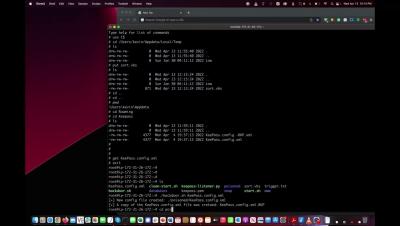Stay Ahead of the Game: Protect Yourself From Trojanized Chat Apps Targeting WhatsApp and Telegram Users
It seems that once again bad actors have found a new way to infect our devices with malware. This time, they are using a devious little trick to spread trojanized versions of popular chat apps Telegram and WhatsApp. Now, I am sure you are all familiar with these apps – they are hugely popular for communication and messaging, with millions of users around the world. And unfortunately, that is exactly what makes them such an attractive target for cybercriminals.






